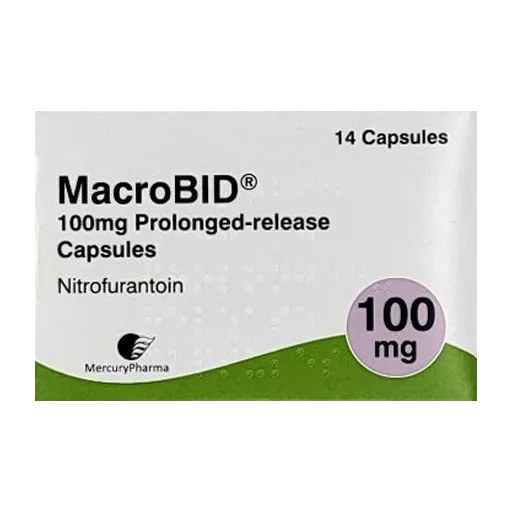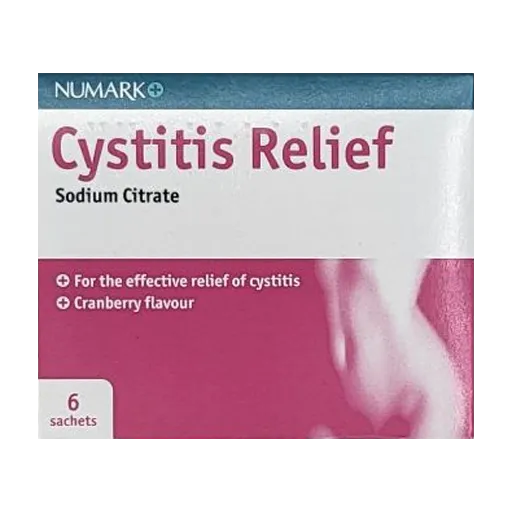Urinary Tract Infections (UTIs)
A urinary tract infection (UTI) is an infection in any part of your urinary system, which includes the kidneys, bladder, ureters, and urethra. UTIs are common and can affect both men and women, although they are more frequent in women. The infection is usually caused by bacteria, most commonly Escherichia coli (E. coli), entering the urinary tract.
What Causes a UTI?
UTIs are primarily caused by bacteria entering the urinary tract through the urethra. In many cases, bacteria from the bowel (such as E. coli) are the culprit. There are different risk factors for men and women:
In Women:
- The female urethra is shorter, making it easier for bacteria to reach the bladder.
- Sexual activity can introduce bacteria into the urinary tract.
- Hormonal changes during menopause may increase the risk of UTIs.
- Poor hygiene habits can also increase the chance of infection.
In Men:
- UTIs in men are less common but can occur, especially with prostate problems that can block urine flow.
- Men with an enlarged prostate may struggle to fully empty the bladder, increasing the risk of infection.
UTI risk increases with age due to weakened bladder muscles and other underlying health conditions.
Symptoms of a UTI
UTI symptoms can vary between men and women but generally include:
- A burning sensation when urinating
- A frequent urge to urinate, even when little urine comes out
- Cloudy, dark, or strong-smelling urine
- Pain or pressure in the lower abdomen or back
- Fatigue or feeling unwell
Treating Symptoms of a UTI
To manage the discomfort of a UTI while waiting for treatment to work, you can try the following:
- Stay Hydrated: Drink plenty of water to help flush out the bacteria.
- Sachets: Drinking cystitis relief sachets can make the urine less acidic providing some relief.
- Pain Relief: Over-the-counter painkillers like paracetamol or ibuprofen can help ease the pain and discomfort.
- Avoid Caffeine and Alcohol: These can irritate the bladder and worsen symptoms.
- Use a Heating Pad: Applying a warm pad to your abdomen may help relieve discomfort.
Treatment of a UTI
Treatment for UTIs involves antibiotics to kill the bacteria. The specific type of antibiotic and the duration of treatment may vary depending on the severity and the person affected.
Women: A short course of antibiotics usually either trimethoprim or nitrofurantoin is usually effective, and symptoms often improve within a few days.
Men: UTIs in men may require a longer course of antibiotics due to potential prostate involvement.
It’s essential to complete the full course of antibiotics, even if you start to feel better, to ensure the infection is completely cleared and prevent antibiotic resistance.
Red Flags: When to Seek Medical Help
Some more serious 'red flag' symptoms you should look out for and seek medical attention for if you experience are:
- High Fever, Chills, or Sweating: This may indicate the infection has spread to the kidneys.
- Lower Back Pain or Flank Pain: This can also be a sign of a kidney infection.
- Blood in Urine: If you notice visible blood in your urine, see a healthcare professional.
- Persistent Symptoms After Antibiotics: If your symptoms don’t improve or return after treatment, seek further medical advice.
- UTI Symptoms in Men: Men should always see a healthcare provider if they suspect a UTI, as it may indicate a more serious underlying issue.
Preventing UTIs
To reduce the risk of developing UTIs, consider the following prevention tips:
For Both Men and Women:
- Stay well hydrated.
- Avoid delaying urination when you feel the urge.
- Urinate after sexual intercourse to flush out bacteria.
- Wear loose-fitting underwear and clothing to reduce moisture buildup.
For Women:
- Wipe from front to back after using the toilet (for women).
- Avoid using scented feminine hygiene products, which can irritate the urethra.
- Consider taking cranberry supplements, which may help reduce the risk of recurrent UTIs in some women.
For Men:
- Address any underlying prostate issues that may contribute to UTI risk.
- Practice good hygiene, especially if uncircumcised, to prevent bacteria from entering the urethra.
Frequently Asked Questions (FAQs) on UTIs
1. Are UTIs more common in women?
Yes, women are more likely to get UTIs due to their shorter urethra, making it easier for bacteria to enter the bladder.
2. Can men get UTIs?
Yes, men can get UTIs, although they are less common. UTIs in men often require further investigation as they may indicate an underlying issue.
3. Can I treat a UTI at home without antibiotics?
While some symptoms can be managed at home, a UTI should be treated with antibiotics to clear the infection completely. You should consult a healthcare provider for proper treatment.
4. Are UTIs contagious?
UTIs themselves are not contagious, but the bacteria that cause them can be transferred during sexual activity. Good hygiene practices can help reduce the risk.
5. Can I prevent recurring UTIs?
Yes, maintaining good hygiene, staying hydrated, and following prevention strategies like urinating after sex can help reduce the risk of recurrent infections.
Related products
-
POM

nitrofurantoin MR capsules
£14.99
-
POM

trimethoprim tablets
£14.99
-
GSL

cystitis relief sachets
£5.99